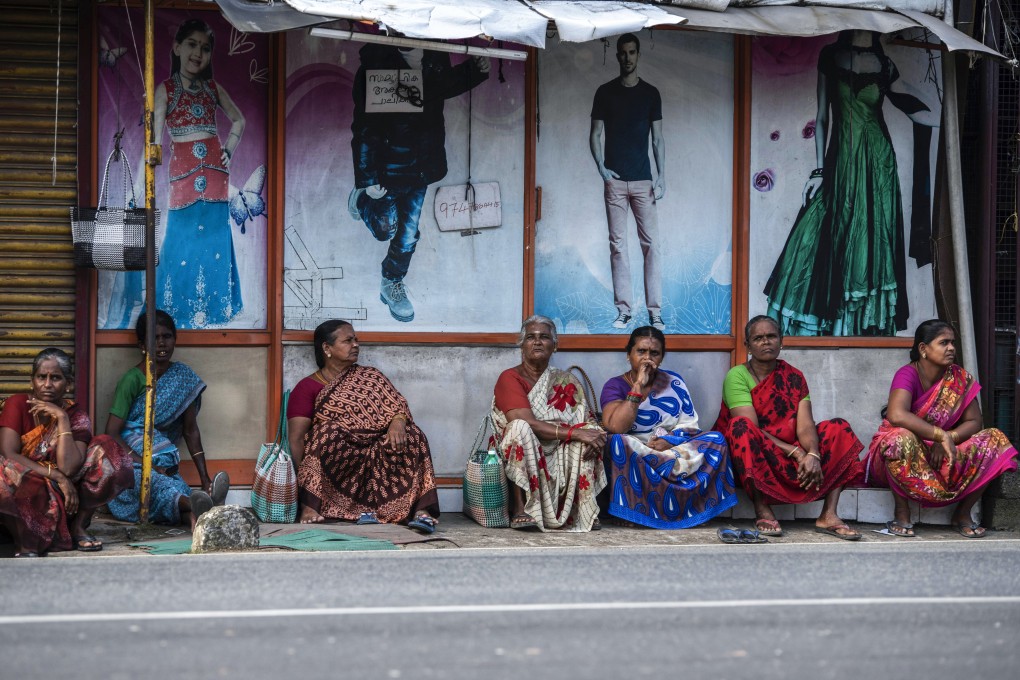Opinion | Don’t leave women and girls behind in pandemic recovery
- Many countries have gone backwards on gender parity during the pandemic. Fewer women are regaining employment, and millions of girls may drop out of school
- But, as countries rebuild economies, there is no better time to implement inclusive policies, with women’s needs and concerns at the forefront

In the past few decades, gender equality has gained significant traction at global and national levels. The United Nations convened the first world conference on women back in 1975, in Mexico City, with the most recent meeting, the 1995 Fourth World Conference on Women, held in Beijing, and followed by a series of five-year reviews. That marked a significant turning point for the global agenda on gender equality.
However, the truth is that no country has achieved or is even close to achieving gender parity. Across the world, women face a persistent gap in accessing opportunities and exercising their decision-making powers.
According to the 2022 SDG Gender Index, by the Equal Measures 2030 partnership, “Less than a quarter of countries are making ‘fast’ progress towards gender equality, while a third are making no progress or, worse still, are moving in the wrong direction.”
It is safe to say that countless women and girls are struggling to maintain their lives and dignity in a world where structural inequality, systemic exclusion and gender discrimination are rife.
The global health crisis and the measures adopted by governments to curb the spread of the virus have left women not only bearing the brunt of food insecurity, displacement, unsafe migration, sexual violence and unemployment; they have also faced an increased burden of unpaid care work. All this has taken a toll on women’s health and well-being.
